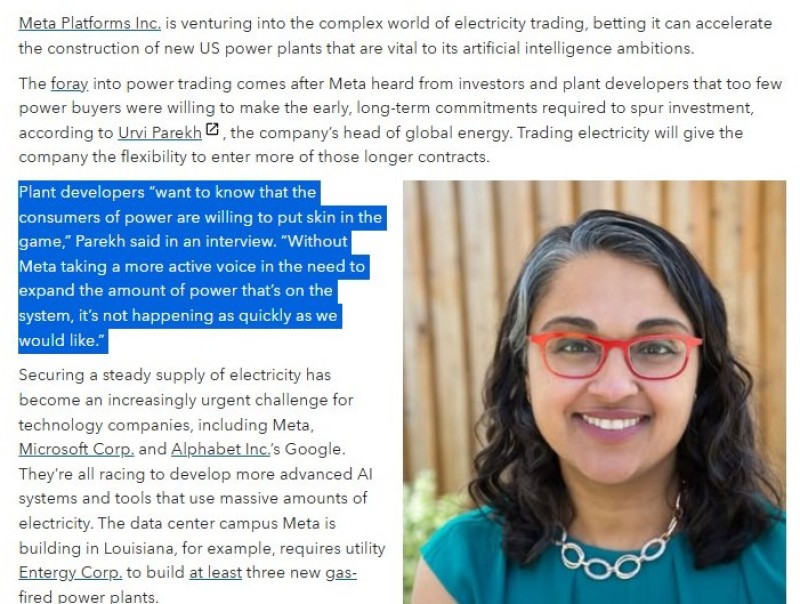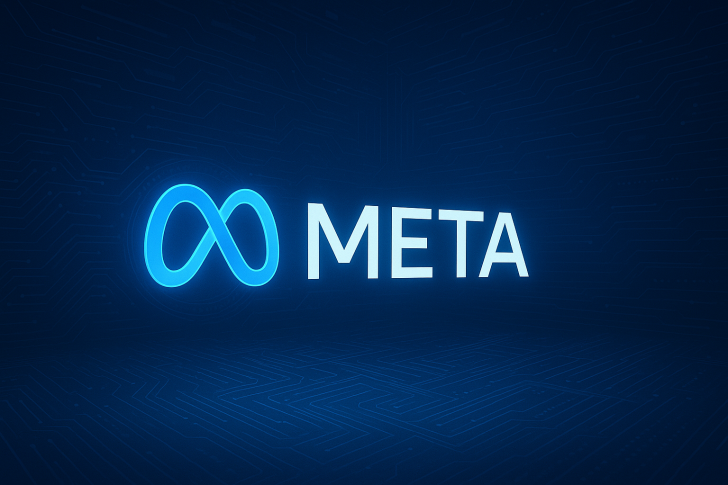⬤ Meta's getting into the power trading game to solve a pretty straightforward problem—its AI infrastructure needs way more electricity than what's currently available. The company figures that if it can trade power directly, it'll be able to commit to buying electricity from power plants that haven't even been built yet. This is a big shift from just waiting around for energy deals to come together.

⬤ The strategy boils down to timing and flexibility. Meta's saying that jumping into electricity markets lets them make commitments to energy developers way earlier in the process. By locking in long-term power agreements with future plants, they're basically helping developers get through all those lengthy approval and construction steps. The problem right now is that plant developers keep hitting walls because buyers won't commit early enough to make projects financially viable, which has really slowed down how fast new generation capacity gets added to the grid.
Being able to participate in electricity trading allows Meta to make earlier and more flexible commitments to energy developers.
⬤ This move isn't happening in a vacuum—Meta's joining other tech giants like Alphabet and Microsoft in the race to secure rock-solid energy sources for AI data centers. These facilities absolutely devour electricity when running advanced AI workloads, and the regions where Meta's already operating need new power plants just to keep up. For Meta, power trading is basically a tool to handle both the energy shortage and price volatility at the same time.
⬤ The bottom line here is that Meta's AI plans live or die based on whether they can access huge amounts of consistent power. As AI workloads keep growing across the whole industry, the demand for new generation capacity has turned into a serious bottleneck. Meta jumping directly into electricity markets shows that energy procurement is now just as strategic as chip design or data center location. This could reshape how power infrastructure gets planned and funded, and it's definitely going to affect how tech companies compete in the AI space going forward.
 Peter Smith
Peter Smith

 Peter Smith
Peter Smith


